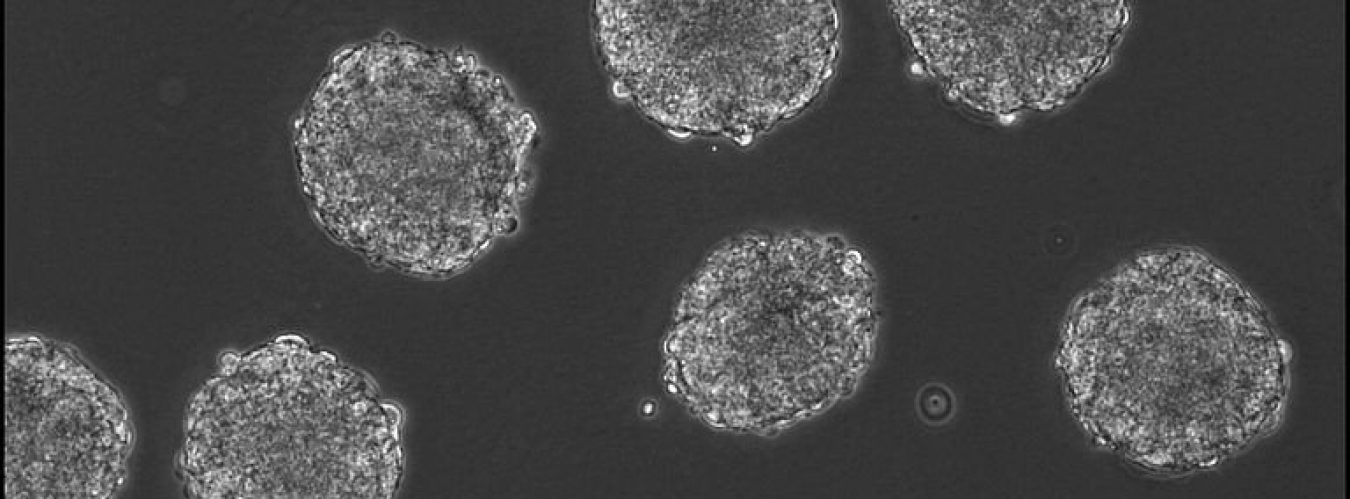Triple-negative breast cancer (TNBC) makes up about 20% of all breast cancer cases and kills 40,000 people per year in the United States. Most of these deaths are from resistance to chemotherapy and subsequent metastases. TNBC has the highest amount of patients with a poor prognosis and it is incredibly difficult to treat due to a limited understanding of the genetics behind the disease. Patients are usually treated with surgery, radiation, and chemotherapy; but they often relapse due to the metastatic cells that resist treatment. The 5-year survival rate is abysmal as well with only 14% in African American women and 36% in non-African American women.
Drs Bhatnagar, Conlan, et. al in the University of Virginia Cancer Center have identified TRIM37 as a therapeutic target for about 80% of triple-negative breast cancer patients. This gene is responsible for both cancer metastasis and resistance to chemotherapy. If blocked, then the spread may be prevented. Keep in mind that Dr. Bhatnagar’s team was the first to identify TRIM37 as an oncogene and that even though it promotes tumorigenesis, its function in breast cancer metastasis and the therapeutic implications of targeting the gene are yet to be demonstrated. For now, the study has shown that TRIM37 alters chromatin modification by enforcing changes in DNA repair, which leads to gene expression that favors a transition into metastatic cells. The approach to blocking TRIM37’s actions is to use lipid liposome-based nanoparticles paired with specific antibodies that only attach to cancer cells. They bind to the receptors and get taken up by the cell. There, it can prevent the cells from metastasis.
For those interested, here is the link to the article:
